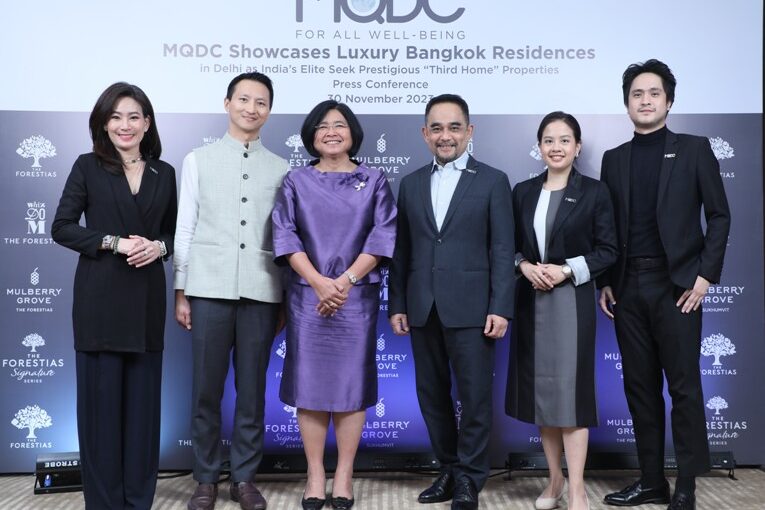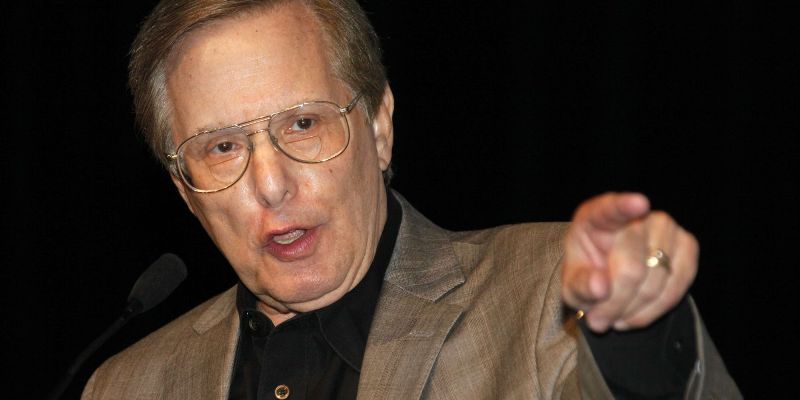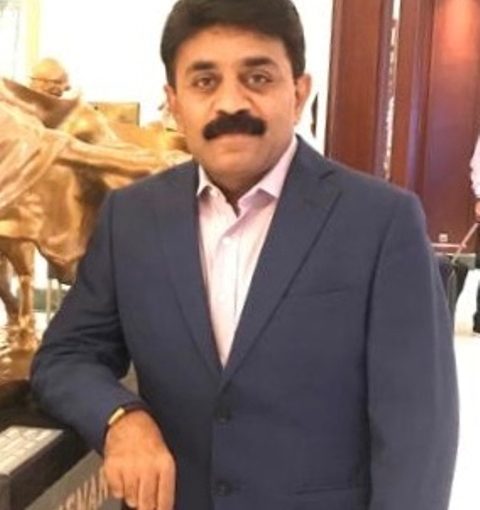
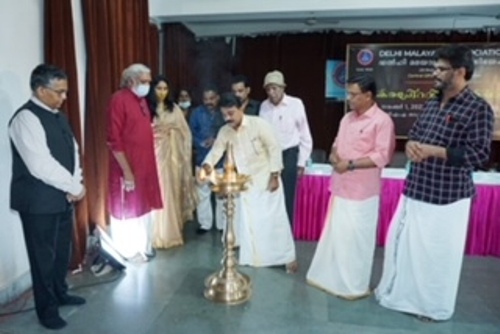
K. Raghunath, president of Delhi Malayali Association (DMA) speaks to Business Views Editor G. Kalyan Kumar and shares his experiences and vision on adding new value to the organisation’s activities with a heightened focus on the educational sector.
As the DMA president, what are your areas of action and the reforms you have started?
As you know, DMA is one of the oldest premium organisations in Delhi established in 1949. The bylaws have outlined the focal areas and programmes that should support the welfare of Malayalis and foster their well being, culture, arts, and heritage.
DMA has a broad organizational network with the central committee office in RK Puram as the apex body. We have 25 area committees that take the DMA programs to the grassroots level in different parts of Delhi.
My priority is in strengthening DMA activities at all levels including the creation of office spaces for area committees.
In terms of assets, other than the central committee office, DMA owns offices in 7 different locations including Kalkaji, Lajpat Nagar, Jasola, and Mayur Vihar.
How has the DMA functioning changed with your reformist initiatives?
Functionally we have made many changes. The perception about the president as a signing head and spending less time has changed. Also, a load of responsibilities on the General secretary has been minimised. Now the president works with a hands-on approach. We have dynamic committees working on mission mode. This new dynamism and teamwork have energised the area committees considerably.
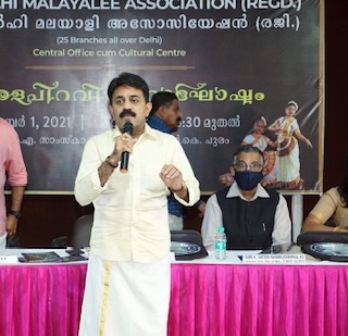
One example is the revival of the dormant DMA library. We had a vast collection of books including, those contributed by veterans like the late VK Madhavan Kutty. Things were in disarray. We hired a librarian for its upkeep and gave it a professional touch. I am sure the revamped DMA library will emerge as a hub for all book lovers.
Is the DMA getting grants from central or state governments?
Not yet. It may sound surprising because even smaller organizations and nascent ones had been getting grants. But we are working on that front and the paperwork is in progress.
DMA has many financial obligations including paying tuition fees to Kerala Schools in Delhi. That comes to an average of Rs 6 lakhs a year.
The pandemic wave adversely hurt many families. What is DMA’s healing touch to the community?
The pandemic exposed a serious shortcoming among many Malayali families. That is a lack of insurance protection. When a crisis strikes in the form of a serious disease or accident those families slip into the worst financial situation.
Of course, area committees do pitch in with some assistance via collections to foot the medical bills. But that is not sustained support. We have taken note of the problem, and DMA has started an awareness campaign to sensitize people on the matter.
As a solution, DMA is in talks with the Kerala Government’s NORKA (Non-resident Kerala Affairs) agency and is trying to enrol people for Norka’s NRK Insurance Card. DMA wants wider insurance coverage for families in Delhi and an NRK Card with a DMA logo is under discussion. This will go a long way in helping thousands of families. I will be happy to count it as a major contribution from my team.
The DMA is already well exposed in the education sector via Kerala schools in Delhi. Is the DMA open to starting professional colleges as well?
Yes, we have a plan to start a journalism course in the DMA premises. The professional course will have DMA support for students who are not able to afford the fees. We are also working on a plan to start evening colleges in Delhi making use of the premises of Kerala Schools.
Can you throw more light on the Evening College plan?
DMA is in touch with the Delhi government and Kerala government for the matter. The Kerala school premises are suitable to run the university courses from 3 pm to 8 Pm. I also met honourable Kerala chief minister Pinarayi Vijayan in this regard.
The academic plan is to affiliate the evening colleges to Delhi government-controlled Ambedkar University with staffing and payment following Kerala government's norms.
What is the role of DMA in this initiative?
DMA has been concerned about the plight of many Malayali students who had to go out to study in remote places and some end up joining courses with no validity and affiliation.
In this project, DMA will play the role of an infrastructure facilitator in areas such as a library, lab, and other things. The program will mark the beginning at Canning Road Kerala School, and Humanities will be on offer initially. We are also counting on resourceful patrons to sponsor some parts of the initiative.
The Covid Crisis was a testing time. Yet your leadership drew praise for the effective interventions. Can you share some details of how it worked?
When the first wave of Covid 19 struck and the lockdown came everybody was clueless on how to handle the challenge. The DMA made the first move by mobilizing a sizable sum within a few days. It started with a separate bank account for Covid relief. I opened the account with my personal contribution as the starting point. Many area committees of DMA also contributed their bit.
Dr Lilly George of Gurgaon’s Shalom School needs special mention. She donated Rs 1 lakh and personally reached out to many patrons urging them to support the venture. This was followed up by setting up a crisis management team with each member given a major responsibility. General Secretary C. Chandran took charge of arranging food kits and the weekly distribution was led by our committed volunteers.
Food kits apart, DMA also intervened on rent-payment issues. Most house owners were benign and in some cases, we settled the matter with 50 per cent payment.
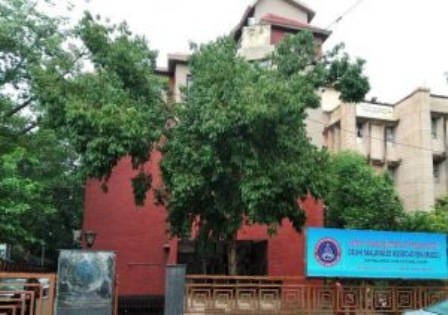
Was there any support from NGOs and philanthropists?
Yes. When the second Covid-19 wave happened in April the demand patterns became different. The urgency was more on hospital admission and access to oxygen cylinders. The crisis management team again swung into action. We arranged oxygen cylinders in bulk from Chennai and repacked them in Delhi for distribution. Later, many NGOs and NRI organizations also came out in support and donated Oxygen concentrators and cylinders.
The DMA also stood by many families with our volunteers personally going to cremation grounds as the family members were not allowed.
Our teams also coordinated with families of Covid victims especially in cases where children lost both their parents. We ensured that the government’s compensation also reached them. The DMA received a donation from Japan-based NIHANG who wanted to support the children of Covid victims and we disbursed that also.
DMA reportedly received good support from the nurses' community in Delhi. How did that element help you in the Covid action plan?
DMA built up a network of all Delhi nurses for round-the-clock updates on patients in hospitals. We are immensely thankful for the support extended by the Malayali nurses community in Delhi who are present in every hospital. They did a yeoman service by serving as the link between hospitalized patients and the remote family members who were unable to visit their dear ones.
We also acknowledge the exemplary services by many DMA members and service personnel. The DMA was privileged to honour many of them as Covid warriors in a recent event.
Is there any other social sector intervention in the pipeline?
DMA is aware of the financial burden from the expenses on marriages that drain the resources of families. Therefore we are working on a scheme to support marriages of eligible Malayali girls with expenses borne by DMA. We have also received offers of support from many voluntary organisations abroad including Malayali NRIs.
For me, this marriage scheme is like an extrapolation of a similar program I started a few years ago at the Uttra Guruvayurappan temple in Mayur Vihar along with a few like-minded friends. We have raised a fund to support marriages cost-effectively.
Can you trace any influence that shaped your service impulses?
I believe the empathy element in my personality had its origin from the tales I heard from my mother and other elders in my family at Palakkad. I recall how mother recited scriptures that highlighted Lord Krishna’s childhood and the selfless love of Krishna in helping friends in distress. I always had an urge to do my bit whenever I see someone in pain rather than watching as a passive or indifferent onlooker.
You are also a successful businessman, and how do you manage the demands of time for business growth and commitments of social work?
My steel export service business serves international clients. I balance my time for both activities. My daughter also assists me in business matters, and she is an MBA from the UK.
What is your outlook on the steel sector business in India?
Indian steel is enjoying good demand internationally. Top automobile manufacturers in Europe are increasing the sourcing of auto-grade steel from India. That is very positive. The market scenario is looking bright with most of the disruptions caused by the pandemic such as factory shutdowns and delays in shipments having been overcome.


